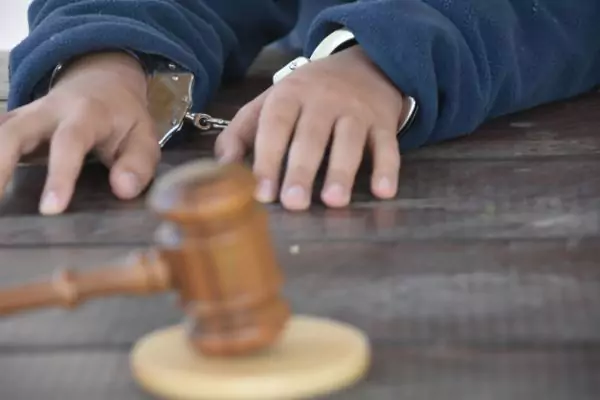90% of Incarcerated Youth in Los Angeles Have a Mental Health Case

According to a recent report, more than 90% of the youth incarcerated at Los Angeles County’s Central Juvenile Hall have open mental health cases. This is a shocking number and emphasizes the point that jails in this country have become de facto mental health facilities. Juvenile detention facilities are not equipped to handle serious mental health issues. About 30% of incarcerated youth suffer from mood disorders such as clinical depression and bipolar disorder. Incarcerated youth should be getting treatment for their illness and not be simply warehoused in facilities. As a result of the report, the Los Angeles County Board of Supervisors pledged to make changes and improve mental health care for young people involved in the criminal justice system.
Addressing Mental Health Needs
LA County has failed to adequately address the mental health needs of young people involved in the criminal justice system. There should be more services available to youth in detention facilities. In addition, programs should be put in place to divert young people with mental health issues away from the traditional criminal justice system and into therapeutic placements in the community.
The problem in LA’s juvenile detention facilities was noted in a 2003 report from the US Department of Justice. Over the past 16 years, the county has done little to address the problem. Instead, a report issued earlier this year found a disturbing increase in the use of pepper spray and the use of force incidents. This indicates that the detention centers are not properly addressing the mental health needs of their inmates and are instead relying on more disturbing tactics to handle issues.
Moving Forward
The County Board of Supervisors ordered the Department of Mental Health (DMH) to assess the mental health needs of youth in juvenile detention facilities. DMH has also been ordered to develop and implement trauma-informed approaches to these mental health needs and to develop strategies for reducing the use of force. The challenge comes in finding appropriate treatment services in the community. Many residential treatment facilities have closed or changed their policies on accepting juvenile justice youth. Adding funding for specialized treatment facilities can help with juvenile diversion programs.
If you or a loved one has a mental disability and has been arrested or convicted of a crime, you need an experienced criminal defense attorney on your side. Elizabeth Kelley specializes in representing individuals with mental disabilities. To schedule a consultation call (509) 991-7058.


